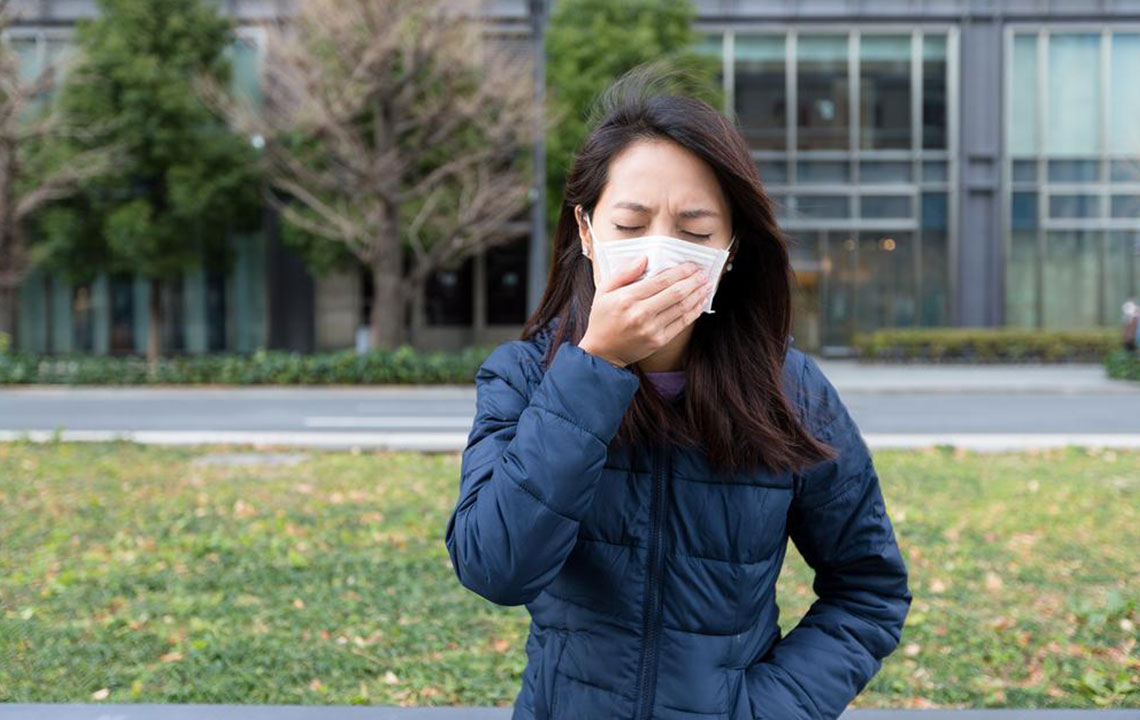Five Essential Tips for Maintaining Health with Hemophilia
Discover five practical ways to support health in individuals with hemophilia. This guide emphasizes nutrition, oral hygiene, safe exercise, injury prevention for children, and regular medical checkups, helping manage the condition effectively and reduce complications.

Five Essential Tips for Maintaining Health with Hemophilia
Hemophilia is a rare inherited bleeding disorder where the blood doesn’t clot properly due to a deficiency of clotting factors. This condition can cause prolonged bleeding episodes and internal hemorrhages, especially around joints like knees, elbows, and ankles, which may be life-threatening. While there is no cure, managing hemophilia effectively involves certain lifestyle choices. Here are five key strategies to promote health and prevent complications for individuals living with hemophilia.
Eat Nutrient-Rich Foods
A balanced diet plays a crucial role in supporting overall health. For hemophilia patients, foods such as oats, whole wheat, barley, brown rice, broccoli, spinach, and dried beans are beneficial. These options are rich in proteins, iron, vitamins C and B12, copper, and folic acid, which are vital for red blood cell production and wound healing.
Prioritize Oral Hygiene
Maintaining good dental care is essential since bleeding gums or injuries to the mouth can lead to serious bleeding episodes. Regular brushing helps prevent infections and reduces the risk of gum bleeding during dental visits.
Engage in Safe Exercise
Gentle activities like walking, swimming, and cycling help strengthen muscles and bones, contributing to a healthier body mass index (BMI). However, contact sports such as football or basketball should be avoided to prevent injury and excessive bleeding.
Protect Children from Hazards
Children with hemophilia require careful supervision during playtime. Proper safety gear should be used during cycling or other activities. At home, remove sharp furniture edges and hazards that could cause injuries. Always ensure children wear seatbelts and protective equipment to minimize risks.
Schedule Regular Visits and Vaccinations
Routine checkups are vital for monitoring health. Regular blood tests help detect infections early, and vaccinations against hepatitis A and B as recommended by healthcare providers can reduce disease risks and promote better health.
Important Notice:
The information provided here about symptoms, treatments, and health tips is for educational purposes only. It is not intended as medical advice. Always consult qualified healthcare professionals for diagnosis and treatment plans. Use this information responsibly and seek expert guidance for personalized medical care.










